Many people enjoy spending a day fishing on the lake.
It’s a great way to get outside and possibly bring home a fish for supper. Unfortunately, unwanted animals, such as turtles, sometimes take an interest in the hook at the end of the fishing line.
Many freshwater turtles are scavengers, but they also take live prey, which means they can get caught on baited fishing hooks or lures. Faced with a large and unhappy Snapping Turtle hooked on the line, many anglers simply cut the fishing line so the hook remains in the turtle. Some hooks get caught in the turtle’s mouth, which can make feeding difficult. Other hooks are swallowed and get lodged in the turtle’s throat or even its stomach, which can be fatal.
How many turtles get caught on fishing hooks?
We don’t really know, but a few studies suggest the issue is widespread and relatively common. A study from Tennessee found that at one site more than 30 per cent of the adult female Snapping Turtles had swallowed fishing hooks. Of course, the percentage of turtles that get hooked will vary from lake to lake, depending on the number of people fishing.
Which turtles are most likely to get caught on fishing hooks?
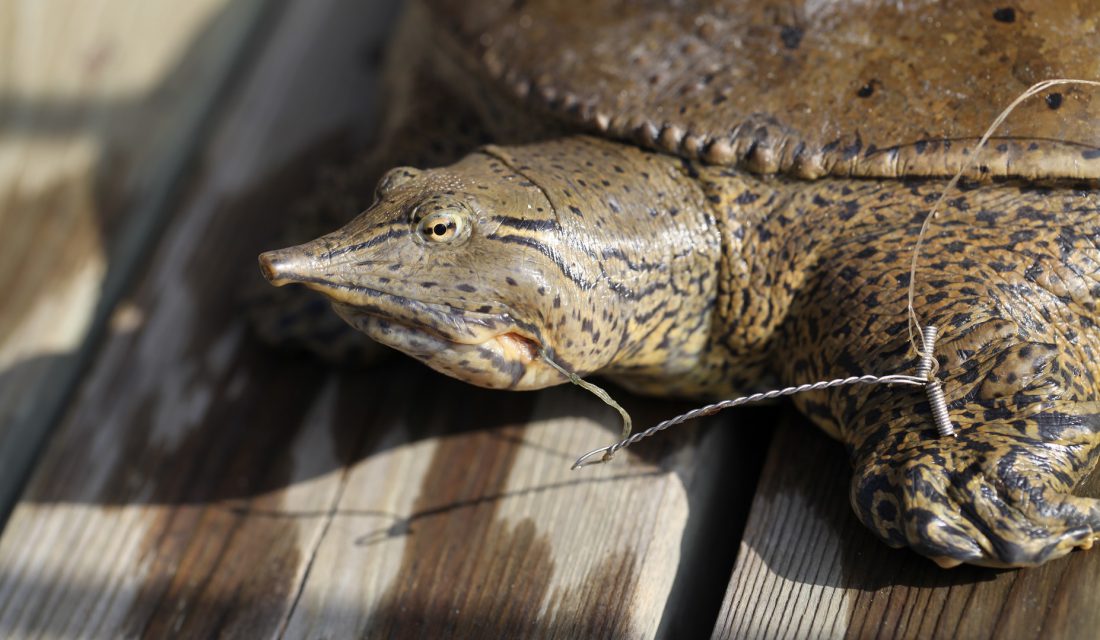
Any turtle that occurs in commonly fished waters could potentially get hooked, but Snapping Turtles are typically hooked most often, likely because of their size, widespread nature and feeding behaviour. Other Canadian species known to get caught on fishing hooks include the Northern Map Turtle, Painted Turtle, Spiny Softshell and Wood Turtle.
Why is a turtle getting hooked an issue?
Getting caught on fishing hooks is dangerous for turtles for three reasons.
- It causes needless suffering, which we should try to reduce or prevent.
- All eight species of freshwater turtles in Canada are now listed as Species At-Risk. Turtles need all the help they can get!
- Even a small increase in turtle mortalities each year can cause population decline. Research suggests that deaths from fishing hooks alone can cause turtle populations to decline in some areas.
What do I do if I hook a turtle?!
A number of steps can be taken to help reduce the impact of fishing hooks on turtles.
- Consider using barbless hooks when fishing in areas with large turtle populations. Barbless hooks are easier to remove if a turtle is caught.
- Try to remove a fishing hook that gets snagged on vegetation, rather than just cutting the line and abandoning the hook.
- Distribute our guide to helping hooked turtles to popular fishing areas.
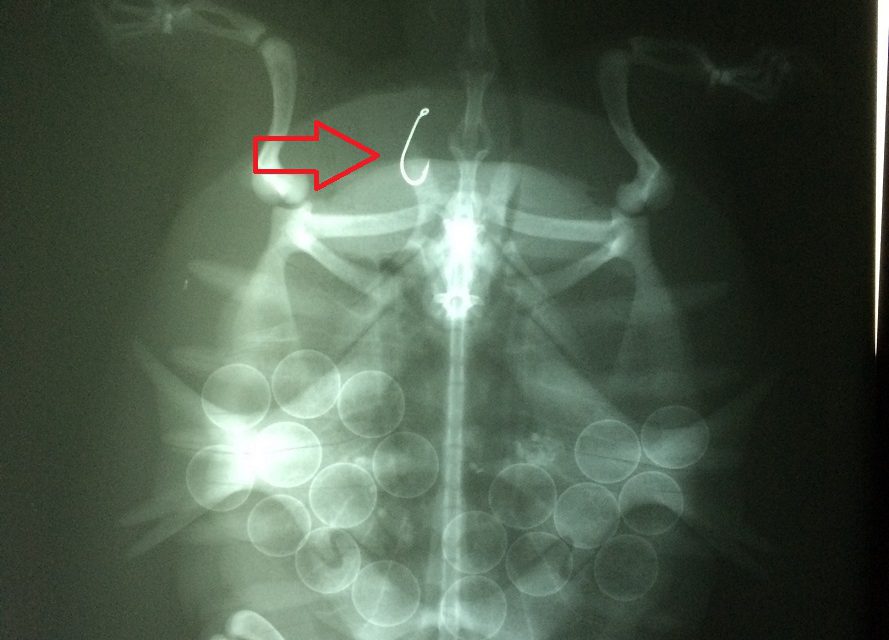
If you do hook a turtle while fishing, here are some ways to help.
- Reel the turtle in slowly and gently to prevent the hook from digging in deeper.
- Never cut your line and release the hooked turtle. Leaving a hook embedded in a turtle can lead to its death.
- Use a net or grab the back end of the turtle’s shell to lift it out of the water. To prevent further injury, don’t lift the turtle by the fishing line or tail.
- Be cautious. Turtles may bite or scratch to protect themselves. Be extra careful with Snapping and Spiny Softshell Turtles as they have long, flexible necks and a powerful bite.
- If the hook is difficult to remove, caught in the mouth or has been swallowed, medical care is required.
If you are in Ontario, call the Ontario Turtle Conservation Centre at 705.741.5000. They will provide medical care at no charge and have volunteers to assist with transportation from anywhere in Ontario.
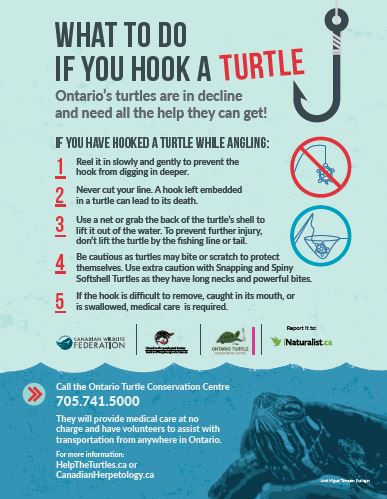 Download this easy-to-follow guide on what to do when you hook a turtle. Learn more about how you can help Canada’s freshwater turtles
Download this easy-to-follow guide on what to do when you hook a turtle. Learn more about how you can help Canada’s freshwater turtles

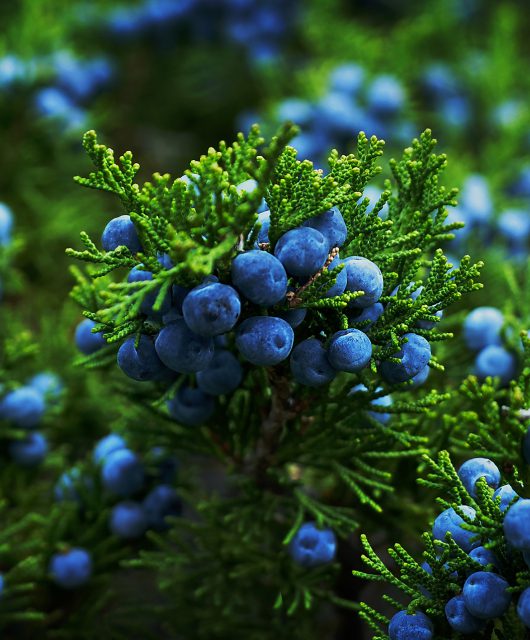

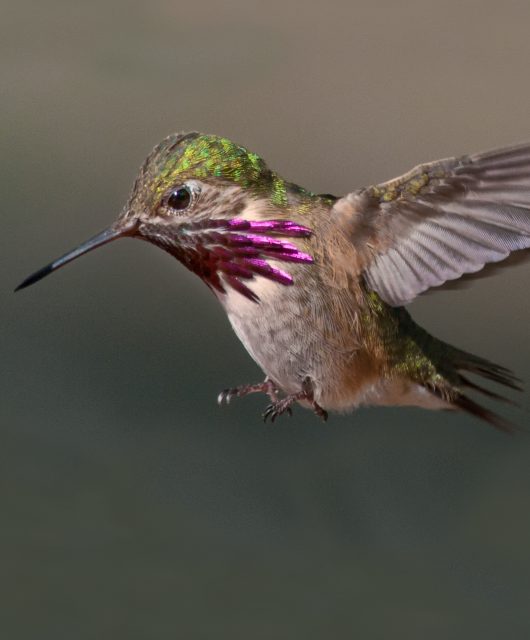
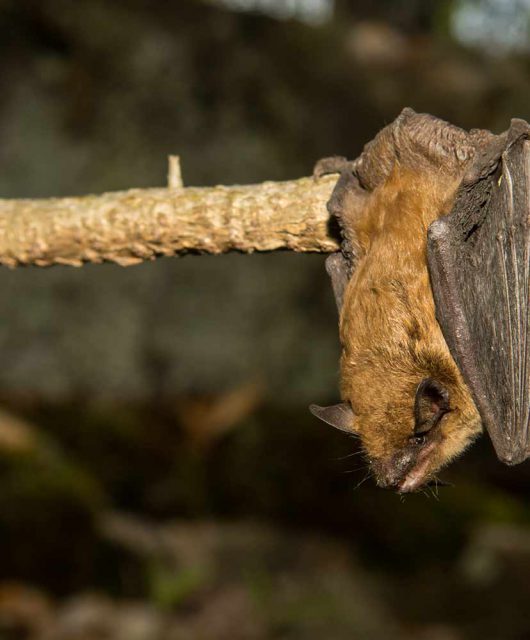
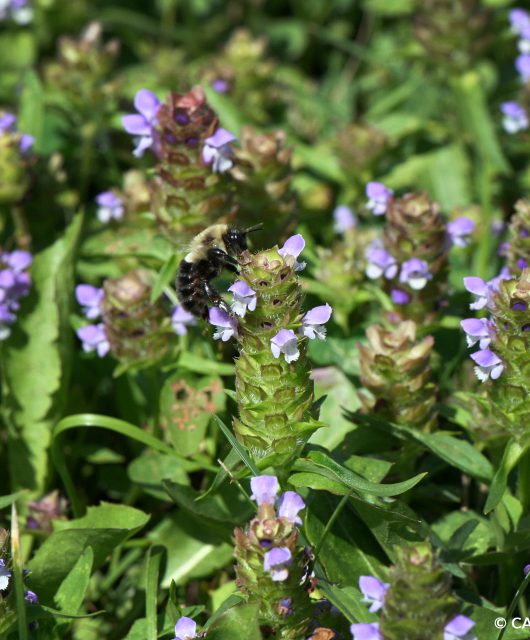
4 comments
Enjoyed your articles. Living in Ottawa next to Celebration Park I enjoy walking the path around the pond in the centre. It has been inhabited by several turtles, kind not know to me, but not likely snappers. This pond has well turfed margins backed by large stone walls some one or two meters high, then a link fence and the paved path. There seems to be no sand or soft soil accessible for egg laying. I did see two turtles once this summer, none for several months. Other wildlife seen, Mallards? almost daily, redwing blackbirds in season, one sandpiper with chick, ground hogs, and rabbits. No frogs seen. This year only perhaps 3 ducklings survived initially but only one fledged. Last year some 25 ducklings were evident in 3 families.. Pond is too limited for geese though in the spring some come for a look. A little sampling of wildlife in a manufactured environment. Virtually no mosquitoes, or other biting flies, only a few pollinators in evidence and fewer wasps around mostly in the last few weeks. The robins and cardinal pair seem to have had no luck and a pair of morning doves neither. The back birds did quite well. Success with your efforts, we Sapiens are doing such a terrible job of caring for the Biosphere, it will be the death of our species in a generation or two if we don’t smarten up! Still a small chance if the present powers that be, agree . My little rant, too long in the tooth to do much else. Charles
We appreciate your thoughts, Charles. Thank you for supporting Canada’s wildlife!
There are many effective tips for the caught turtle on the hook. I have no experience caught a turtle. Thank you share with us this tips.